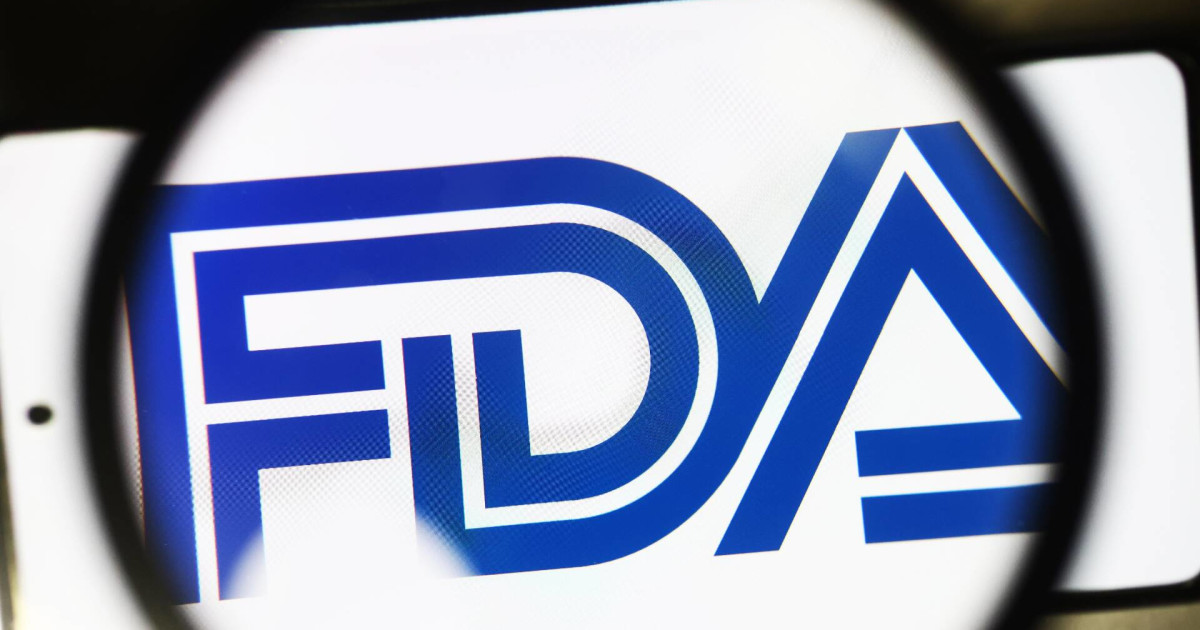Copyright The Street

Some swear by keto, others by paleo or vegan diets. As a vegetarian for over 20 years, I’ve learned that what works for one person might not work for another. Still, some health truths are universal. No one would claim lead-contaminated water is good for them. Yet, contradictory studies make it hard to know what’s truly safe. This confusion echoes Woody Allen’s movie “Sleeper,” in which a man wakes 200 years later to find that foods once considered healthy, like fruits and vegetables, are banned, while processed foods are deemed safe. Today, we face many similar dilemmas around Tylenol and vaccinations. And in the latest news comes the U.S. Food and Drug Administration’s (FDA) move to restrict the sale of unapproved ingestible fluoride prescription products for children. FDA acts to restrict the sale of fluoride drugs for children The FDA announced on October 31, actions to restrict the sale of unapproved ingestible fluoride prescription drug products for children. The agency sent notices to four companies outlining its intention to take enforcement action against those marketing unapproved fluoride-containing ingestible drugs labeled for use in children under age 3 or older children at low or moderate risk for tooth decay, reads the official press release. “This Halloween, the FDA is driving a stake through the heart of outdated science and protecting our kids from the risks associated with ingestible fluoride,” stated Health and Human Services Secretary Robert F. Kennedy Jr. “It’s scary that these products have been used for decades without approval. Today’s action raises public awareness, informs medical professionals, and builds on President Trump’s commitment to Make Our Children Healthy Again.” The move follows up on a directive by the government’s Make American Health Again Commission (MAHA) to assess the risks and benefits of the products. “There are better ways to protect children’s teeth than taking unapproved ingestible fluoride, which is now recognized to alter the gut microbiome. The microbiome is increasingly recognized to be central to a child’s health and development,” stated FDA Commissioner Marty Makary. Is fluoride safe and useful in protecting children’s teeth from decay? The mineral fluoride has been used to protect teeth from decay since the 1940s, when communities like Grand Rapids, Michigan, first added it to drinking water and observed an approximately 60% drop in cavities, according to the report from theNational Institute of Dental and Craniofacial Research (NIDCR). NIDCR Deputy Director Jennifer Webster-Cyriaque emphasizes that fluoride is a natural substance found in soil, water, and rocks. It is proven to prevent tooth decay (the development of dental cavities). “Fluoride prevents, stops, and reverses the early stages of tooth decay in people of all ages. It works by stopping the growth of bacteria that cause cavities and strengthening the hard outer layer of the tooth. Fluoride also reverses early tooth decay by replacing and preventing the loss of minerals in the teeth,” writes Webster-Cyriaque. What about fluoride’s other effects on health? Many medications treat one illness but can cause other health problems. People with chronic conditions often take so many pills that they need additional medications just to protect their digestive system. All too often, taking one medication leads to another, creating a cycle to manage side effects. Some also argue that fluoride can have unwanted side effects. Recent reviews suggest that at high doses, fluoride can disturb gut microbiome (changes in microbial diversity and balance). One such study was published in the National Library of Medicine. Another study published in JAMA Network Open in May found that exposure to fluoridated water during pregnancy was associated with increased neurobehavioral problems in children, reports CNN Health. A federal review published in August by the National Institutes of Health’s toxicology program also concluded that higher levels of fluoride are linked to lowered IQ in children. FDA says kids under the age of 3 shouldn’t use ingestible fluoride products The FDA’s move comes after months of gathering and evaluating scientific data and talking with parents, clinicians, advocates, and federal partners through a public meeting and comment period. The agency offered a scientific evaluation of the current use of unapproved ingestible fluoride drug products and their potential benefits and risks. In the report, the FDA confirms that the use of ingestible fluoride drug products can reduce tooth decay in permanent teeth but not primary teeth. The FDA highlights that ingestible fluoride drug products (chewable tablets or drops) are unapproved by the agency, as they have never been reviewed for safety, effectiveness, or quality. Per the agency’s report, a documented risk is dental fluorosis (teeth staining or damage from too much fluoride). However, other possible risks that require further research include impacts on cognitive development, thyroid function, gut microbiome, or weight. As a precaution measure, the FDA recommends limiting use of these ingestible fluoride drugs to children three years and older who are at high risk for tooth decay and using them only after discussion between parents/clinicians about total fluoride exposure. “The FDA has not reviewed or approved ingestible fluoride drug products for safety, effectiveness, or quality, even though they have been used since the 1940s,” the agency wrote. “Based on the scientific evaluation published today, the agency concluded that such products should not be used in children under age 3 or by older children who are not at high risk of tooth decay. For the same reason fluoride may work to kill bacteria on teeth, it may also alter the gut microbiome, which may have broader health implications.” To spread the new recommendation across clinical practice, the FDA sent a letter to health care professionals warning about the potential risk associated with these products. Key points on FDA ingestible fluoride recommendations:



